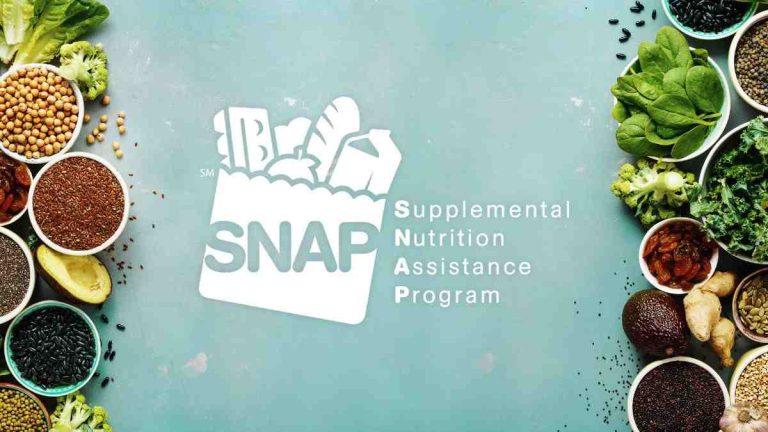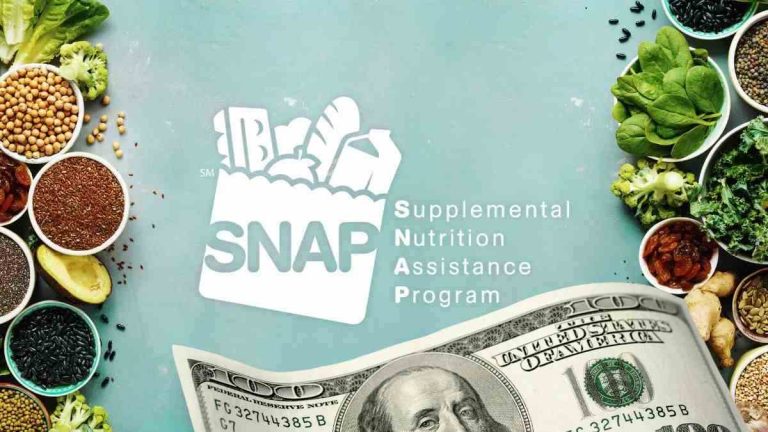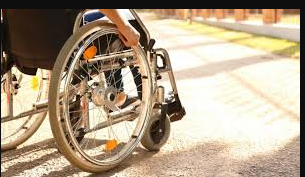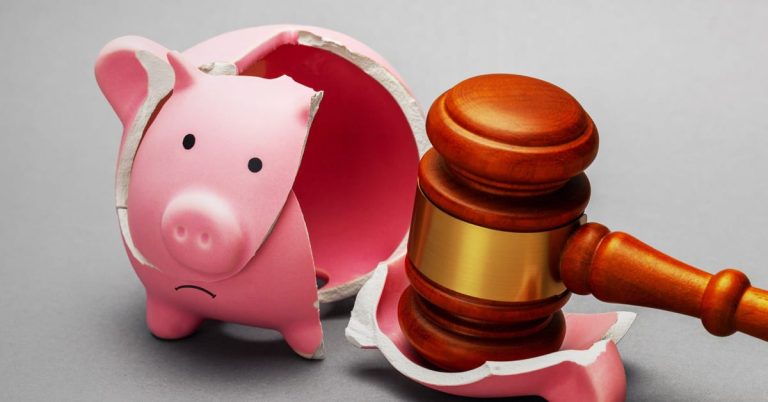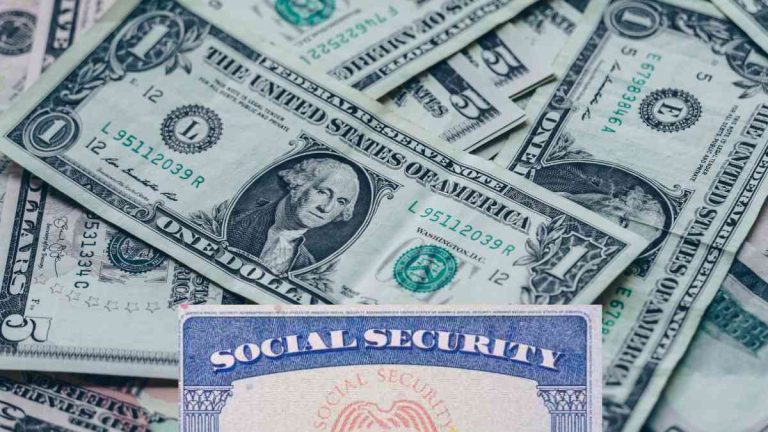Is Decaf Coffee Facing a Ban in the US? Here’s What You Need to Know
If you’re among the millions of Americans who enjoy a good cup of coffee, you’ve probably tried decaf at some point.
For those who aren’t strict caffeine lovers, there are times when opting for decaffeinated coffee makes more sense. This could be at lunch or dinner, if you’re sensitive to caffeine, or simply if you want the taste of coffee without the energy boost.
While some coffee aficionados may argue that decaf doesn’t match up in flavor, the numbers tell a different story. Recent estimates show that over 26 million Americans drink decaf at least once a day.
Decaf Coffee Faces Challenges in the U.S.
Have you ever wondered how caffeine is removed from coffee, which naturally contains caffeine? It’s easy to think the process might be simple, like roasting beans longer or using less-caffeinated varieties.
In reality, decaffeination involves a more complex process. All coffee beans contain caffeine, so to make decaf, beans undergo a process using chemical solvents, primarily methylene chloride.
However, methylene chloride is not without concerns. According to the Occupational Safety and Health Administration (OSHA), it’s “a volatile, colorless liquid with a chloroform-like odor” used in industrial processes like paint stripping, pharmaceutical manufacturing, and metal cleaning.
U.S. Tightens Regulations on Harmful Substances
Methylene chloride is considered a likely carcinogen by OSHA, meaning it may be linked to cancer. The Food and Drug Administration (FDA) has been examining the use of this chemical since January 2024. Recently, the Environmental Protection Agency (EPA) took action by banning methylene chloride in most applications.
Currently, the FDA permits a trace amount of methylene chloride — 10 parts per million (0.001%) — to remain on coffee beans after decaffeination. However, the FDA filed a petition earlier in 2024 to remove several potentially harmful chemicals, including methylene chloride, benzene, ethylene dichloride, and trichloroethylene, from food and beverages.
This doesn’t mean decaf coffee will disappear. Other methods, like the Swiss Water process, decaffeinate coffee by soaking green coffee beans in water, allowing caffeine to naturally dissolve over several hours.
Safer Decaf Options for Concerned Consumers
For those worried about methylene chloride exposure, several nonprofit organizations test food and drinks for harmful chemicals. The Clean Label Project recently tested various decaf coffee brands and found traces of methylene chloride in the following:
- AmazonFresh Decaffeinated Colombia
- Kirkland Signature Decaffeinated Dark Roast
- Maxwell House Decaffeinated Original Roast
- Café Bustelo
On the other hand, the following brands were free of methylene chloride:
- Starbucks
- Dunkin’ Donuts
- Folgers
- Caribou Coffee
- ILLY
By choosing decaf options that don’t use chemical solvents, consumers can enjoy their coffee without the added concern of harmful substances.

